Happy New Year! I’m starting this year with an astronomy calendar 2023. And on my astronomy calendar are my top 10 astronomical events for 2023! A few qualify as rare astronomical events for 2023 and a few are old favorites.
Louie is a fan of old favorites! Click to see his happy dance.
ASTRONOMY CALENDAR 2023
That bright streak is not actually the rock, but rather the glowing hot air as the hot rock hurdles through our atmosphere.
If you want to delve more into meteor showers, here’s a fun link with graphics on meteor showers dot org. It’s also a great STEM activity!
While some may argue about classifying the quadrantids as a rare astronomical event for 2023, a comet visible to the naked eye definitely is!
FEBRUARY 1, 2023
COMET C/2022 E3 (ZTF) REACHES MAXIMUM BRIGHTNESS
For the record, a comet is a large object made of dust & ice that orbits the Sun. Best known for their long, streaming tails, these ancient objects are leftovers from the formation of the solar system 4.6 billion years ago.
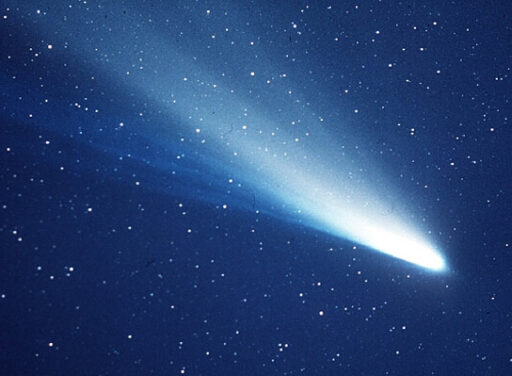
Halley’s Comet is visible from Earth every 75–79 years. It will appear again in 2061.
38 years is a long time to wait!
CONTINUING WITH OUR 10 COOL ASTRONOMY EVENTS FOR 2023
APRIL 20, 2023
HYBRID SOLAR ECLIPSE
We’ll only have 7 hybrid solar eclipses this century. That qualifies as a rare astronomical event!
Lucky observers in Australia, Indonesia, and East Timor will witness this unique event at 4:16 GMT. For your local time, click here for a GMT to UTC converter. The surrounding regions will see a partial solar eclipse.
A hybrid solar eclipse is the rarest type of eclipse.
WHAT IS A SOLAR ECLIPSE?
As you can see, solar eclipses are only visible to a small area on our planet at a time. If you’re lucky enough to fall under the moon’s shadow, this is a must-see astronomical event!
Look at that perfect alignment of the sun, moon, and earth in this NASA giph!
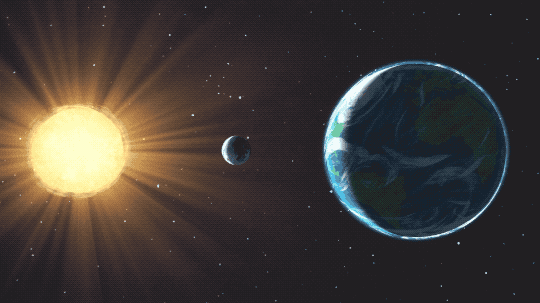
A total solar eclipse is one of nature’s grandest sights. It’s on my bucket list.
I am digressing from my astronomy calendar for 2023, but here's a link with info
TOTAL SOLAR ECLIPSE 2024TOTAL, ANNULAR, AND PARTIAL SOLAR ECLIPSES
BACK TO THE TOP 10 ASTRONOMICAL EVENTS FOR 2023
MAY 17: LUNAR OCCULTATION OF JUPITER
A lunar occultation occurs when the Moon occults—or covers up another celestial body.
IS A SOLAR ECLIPSE AN EXAMPLE OF A LUNAR OCCULTATION?
YES!
TOP 10 ASTRONOMICAL EVENTS FOR 2023 con't.
So what is the big deal?

ASTRONOMY CALENDAR 2023 con't.
THE NEXT MUST-SEE ASTRONOMICAL EVENT FOR 2023
I keep talking about the binoculars but seeing Jupiter’s moons that first time is astounding.

JUPITER is the 3rd brightest object in our sky. The moon is # 1
VENUS!
# 10 OF OUR TOP 10 ASTRONOMICAL EVENTS FOR 2023
At the risk of sounding maudlin, it doesn’t cost anything to find the solace and peace that the sky offers. (well, it might cost 27.99 plus tax, but you get the idea!)
Everyone on our planet has access to these marvels and can enjoy some awesomeness.

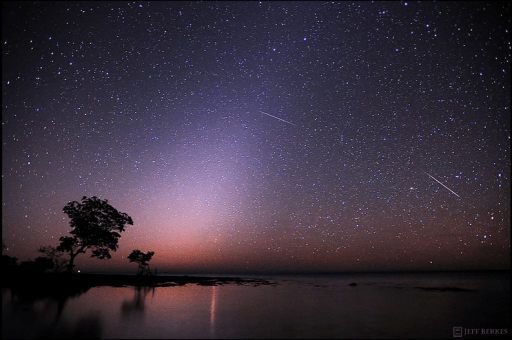


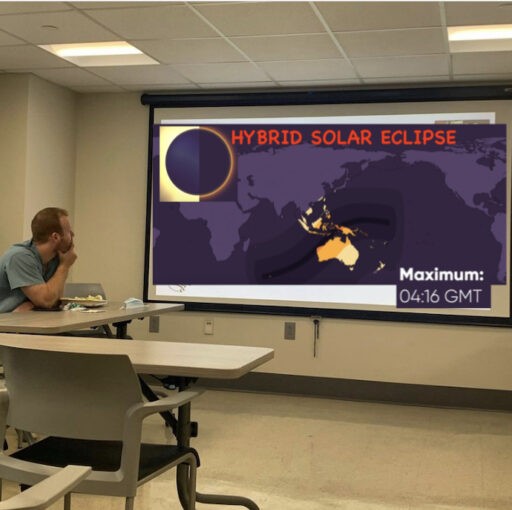
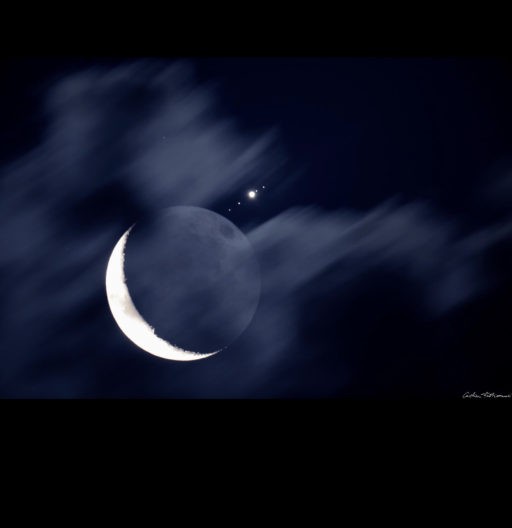


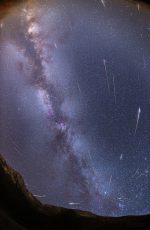

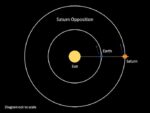
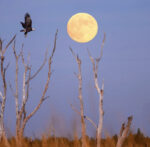
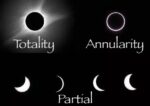
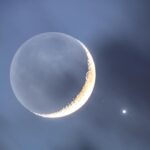
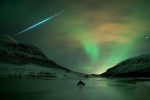






I had no idea there were so many astronomical events happening this year, or that they were even this frequent in general. Maybe I’ve not never paid much attention because I’ve spent my adult life living in cites, meaning there’s too much light pollution to enjoy astronomical events like these. Must be nice to have the ability to go somewhere where you can enjoy the darkness from city lights to enjoy such events
Light pollution is a negative for seeing meteor showers, without question. My biggest issue is often cloud cover. Here’s to both of us being lucky this year and seeing something wonderful in the night sky! Thanks!
This is a great list! I’m marking my calendar for all of these. I love meteor showers and can’t wait to see my first solar eclipse this year. Thank you
I’m happy that you’re pumped about my list. Your first solar eclipse! Hurrah. Thank you for stopping by.
I can see how Louie would choose Earth as his favorite. If we’re going with other planets in the solar system, I choose Saturn. Thank you for the great list! I’ve seen lunar eclipses but not solar eclipses. I’m down for October 14!
Yes, Louie likes to keep all four paws on the ground. My goal for night sky viewing is to see Saturn’s rings so I’m with your vote for Saturn! Thank you.
Great post! I want to see a solar eclipse again, without question. According to your chart, I’ll be in the 60% shadow realm. Got my calendar marked!
I’ve got my calendar marked too! (obviously) We were fortunate to see a partial solar eclipse in 2017. The clouds cleared enough for us to enjoy the amazing event. Thanks for stopping by!
Astronomy is so fascinating! This is a lovely way to look at the New Year, finding unique events to try out, as opposed to just the regular holidays in the calendar. Thank you for sharing x
I love thinking about the calendar year as one with celestial celebrations! They are nature’s holidays. Thanks, Eleanor!
I’ve been to only one and watched it with my family. But will definitely save this to watch them too. Thank you for sharing them!
I’m happy that you’re marking the date! Thanks so much!
These events are really cool. Meteor showers are always fun to watch. I’d like to see Comet C too. And yes… Saturn is such a beautiful planet.
Meteor showers are fun, I agree. I found Comet Neowise a few years ago but needed my binoculars. It was tricky so I’m thinking Comet C will be far easier. Go, Saturn! Thanks so much!
Oh wow! What a cool list of astronomical events happening this year! I will have to keep them in mind! Thanks for sharing!
Let me know if you see any of these astronomical events in 2023! Thanks so much.
Great post, Sue. I recently became familiar with the term “dark sky parks” and plan on visiting some in Wisconsin. I also love stargazing at our northern Wisconsin cabin since there isn’t any light pollution. I’m still hoping to see the northern lights some night.
While camping in Canada, I was fortunate to see the Northern Lights. I hope you’ll see them too! Here’s a link to dark sky locations! I have a few in mind to visit too! Thanks, Amy.
What an interesting post. I never realised there were so many astronomical events. I’d love to watch a meteor shower one day.
Meteor showers are awe-inspiring. I hope you can get out there some night and see one! Thanks so much.
Wow, 2023 sounds like it is going to have some lovely astronomical events! I love that there will be a hybrid solar eclipse and a fabulous supermoon. 🌕
I agree! 2023 is a banner year for astronomical events! Thanks so much.
Amazing list as usual. Can’t beat the price. We were in a dark sky. Park in death Valley. Great place to go in the winter when it’s not so hot. No light pollution. Thanks again. Mike.
How fun that you were in a dark sky park! Thanks for the recommendation and for stopping by!
I will keep looking back at this calendar to catch some of these cool sky events. GREAT blog post, as always, and fantastic STEM activity to do together.
I agree. Stargazing is an amazing STEM activity. Let me know if you spot any of these cool sky events! Thanks, Eva.
This was really interesting. I have recently started to be interested in the moon as well as the changes in nature and also manifestation and star signs, moon signs etc. I really enjoyed learning about these astronomical events. Thank you for sharing. Happy New Year!
Lauren – bournemouthgirl
I too am intrigued by the moon! I’m happy that you found my post interesting and enjoyed learning about what’s ahead for us in the sky in 2023. Enjoy your exploration of star and moon signs! And thanks.
Shame I won’t see the eclipse from the UK! But these are some great events to look out for. I’m looking forward to the supermoon and hopefully to get a glimpse of the meteor shower!
I hope you get a glimpse of a meteor shower too! And supermoons are gorgeous, especially on a lovely summer night. Thanks, Jenny!
This is a wonderful resource for astronomical events this year. Some of which I knew, but many are new to me. Thank you for sharing this with us and putting all the research in.
You’re quite welcome! Be sure to bookmark it for reference! Thanks so much.
So many of these I need to make a note of so I don’t miss out on them! Thank you Sue xx
You’re welcome! Here’s to clear skies. Thanks, Simona!